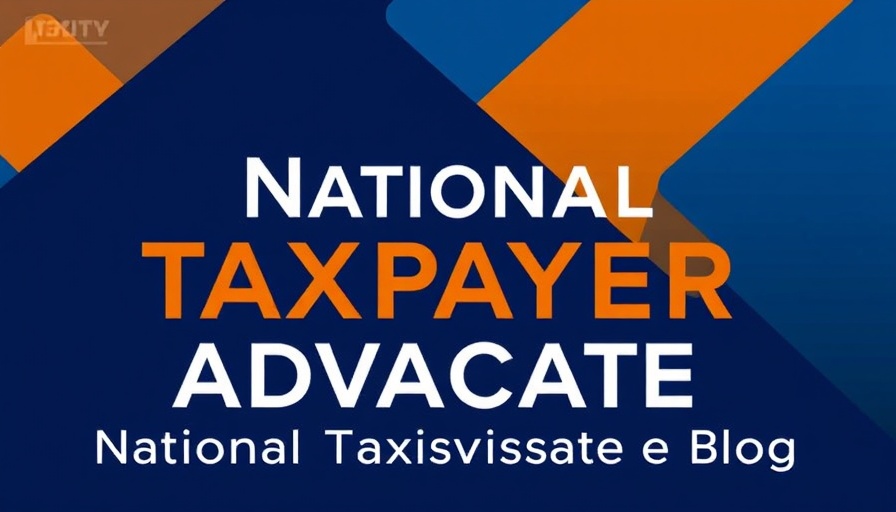
Get the Help You Need: Tax Resources Overview
Tax season can be a daunting experience, filled with forms and regulations that leave many feeling overwhelmed. Fortunately, taxpayers have a variety of resources available to ensure they meet their filing obligations accurately and on time. Programs such as the Volunteer Income Tax Assistance (VITA) and the Tax Counseling for the Elderly (TCE) aim to alleviate this burden by providing free tax assistance to those who qualify.
Your Path to Free Tax Preparation
VITA focuses on assisting low-income individuals making $67,000 or less, as well as people with disabilities and those with language barriers. TCE caters specifically to seniors aged 60 and over, addressing unique tax situations related to retirement. To find a local VITA or TCE site, taxpayers can consult the IRS website for setup instructions and required documents.
Explore Filing Options with Free File
The Free File program allows eligible taxpayers with an income of $84,000 or less to file their federal returns at no cost using trusted software. Even if you don’t qualify, fillable electronic forms are available for those willing to tackle their taxes independently. It’s a great way to ensure you don’t miss out on potential deductions!
Direct File: Simplifying Tax Filing
The Direct File option permits taxpayers to easily submit simple tax returns via their devices. With user-friendly guidance in English and Spanish, taxpayers can instantly access IRS support through a live chat while filing. This method not only simplifies the process but also encourages familiarity with tax details.
Essential Support for Military Families
Military personnel can utilize MilTax, a sophisticated suite of resources designed for service members and their families. With no income limits, this program enables users to navigate military-specific tax situations, such as combat pay and frequent relocations, easing the complexities often associated with filing.
Face-to-Face Assistance at Taxpayer Assistance Centers
Local Taxpayer Assistance Centers (TACs) provide personal help with select tax inquiries. If taxpayers prefer in-person discussions, these centers are staffed to assist with account questions, basic tax laws, and identity authentication. Check the IRS website to locate a TAC near you and find out their service hours.
Digital Assistance Awaits
Taxpayers may also benefit from creating an Online Account on the IRS website. This digital resource allows access to vital tax records, payment history, and more—all without the need for phone calls during the extremely busy tax season.
Taking advantage of these resources can save both time and stress. Whether through free tax preparation services or digital assistance, taxpayers can successfully manage their tax obligations this season. With so many tools at their disposal, it’s essential to explore all the options available.
Taking the time to understand each option can lead to a smoother filing experience, and potentially even greater savings through missed deductions. Don't let tax anxiety get the better of you—reach out for help today!
 Add Row
Add Row  Add
Add 


Write A Comment